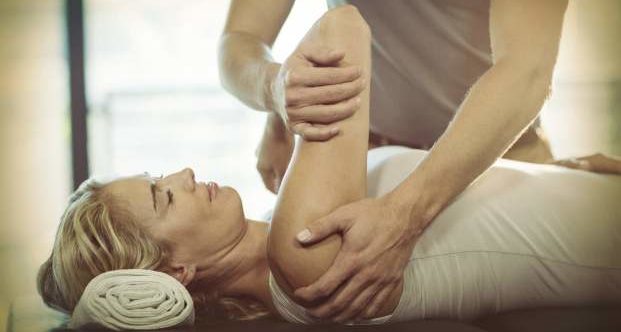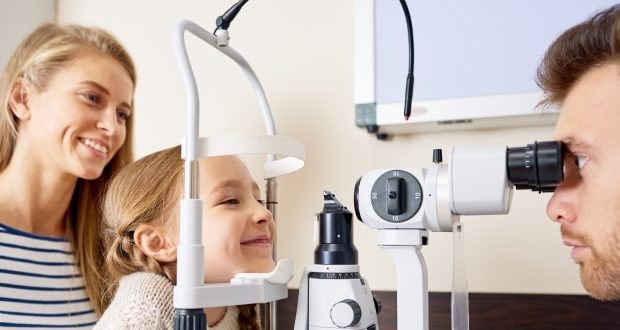Why Non-Surgical Treatments Should Be Taken Seriously
Injuries are a big deal. Many of us have been injured in one way or another yet never taken non-surgical treatments seriously.
Whether you just tripped and fell or hurt yourself in the big rivalry game, the injury could range from minor to severe. I had such an injury while playing high school football.
I fell on my shoulder while attempting a tackle and landed straight on it. Immediately there was a feeling of numbness and pain.
I got up favoring it and was able to move it in a circle, so I assumed it was okay. I continued to play, though anytime I didn’t absolutely need to use my arm, it just hung by my side.
After the game, the trainer looked at it, told me it was a bruise and then had me continue with practice and conditioning all summer. It was about a month later when I finally went to a doctor and had it looked at.
It turned out I had separated my acromioclavicular (AC) joint, or the place where the collarbone connects to the shoulder. I was told I didn’t need surgery and that I could continue to play ball.
That didn’t happen as the pain ended up being far too bad. The crazy thing is that nothing was really prescribed to me in terms of treatment other than basic “take some Tylenol if the pain gets bad.”
It blows my mind to this day the medical professionals involved saw no need for surgery but didn’t recommend anything other than basic painkillers.
Sometimes, we all underestimate the benefit and efficiency of non-surgical treatment options for injuries. There are four basic groups of non-surgical treatments:
- RICE method,
- Medication,
- Injections, and
- Physical therapy.
RICE Method
Rest, ice, compression, elevation. This is a tried and true method of helping reduce swelling, relieve pain, and allow healing to begin.
The practical application of this method is very clear.
This method helped me a lot. As I gave my shoulder rest, it felt better.
Using an injured body part is like trying to use a plastic fork when one of the tines breaks off; it isn’t totally useless because it still works, but it causes more angst than it accomplishes good.
Medication
As much as I think the doctor screwed up by not giving me more treatment advice, the medication avenue is a good way to go for pain relief. Our body is an incredible creation.
It can heal many problems itself, it just needs time. Sometimes the worst part about the waiting is simply the pain you are in.
Medication can be used to ease the pain and allow for a more comfortable healing process. I wish I had been given something that would have helped more than over-the-counter medication.
I saw some success, but there was literally a separation of my bones. It hurt.
I’m not a medical professional, but it sure seemed like I could have used something that could have made the waiting process less painful.
Injections
This is a similar option to medication and a great non-surgical treatment. Most injections contain steroids like cortisone that allow for relief and comfort.
Painkilling injections have different effects on different patients. Some people get one and never feel pain again.
Others get an injection routinely, as it works for a while but then wears off. There have been injections developed, like stem cell therapy injections.
These injections aim to actually hasten the healing rather than just providing relief and waiting for the body to heal. There have been some approved injections, but others are still being tested.
Physical Therapy
My limitations with my shoulder, and the associated pain, eventually needed something else. My mother being the amazing woman she is, took me to physical therapy.
I was dumb about it and didn’t get as involved as I should have. However, the time I spent there was valuable all the same.
Physical therapy provides a number of exercises and other methods to provide relief from pain and recovery of motion and movement. The exercises range in their difficulty and purpose.
A physical therapist can help you get a great plan in place to make sure you are on the path to recovery.
Sometimes I still feel slight limitations in my shoulder movement, or a wrong movement can cause a stabbing pain. Notwithstanding the occasional pain, I am recovered pretty perfectly, which I consider a blessing.
Non-surgical treatments act as alternatives to surgery should not be overlooked or underestimated. They can give pain relief, prevent further injury, eliminate long-term damage, and begin the healing process.
With an athletic child, the ongoing threat of an injury that could harm your child may keep you on edge. Find out how you can keep your athletic child injury free.






